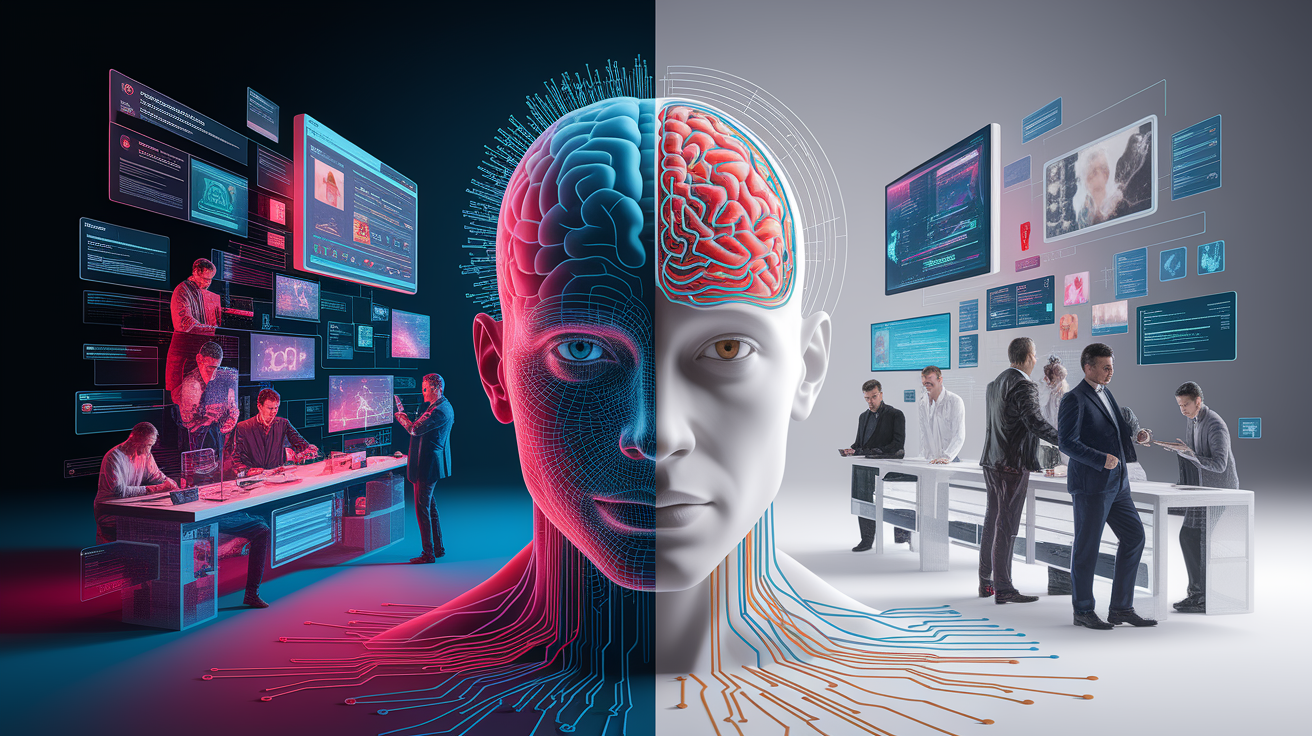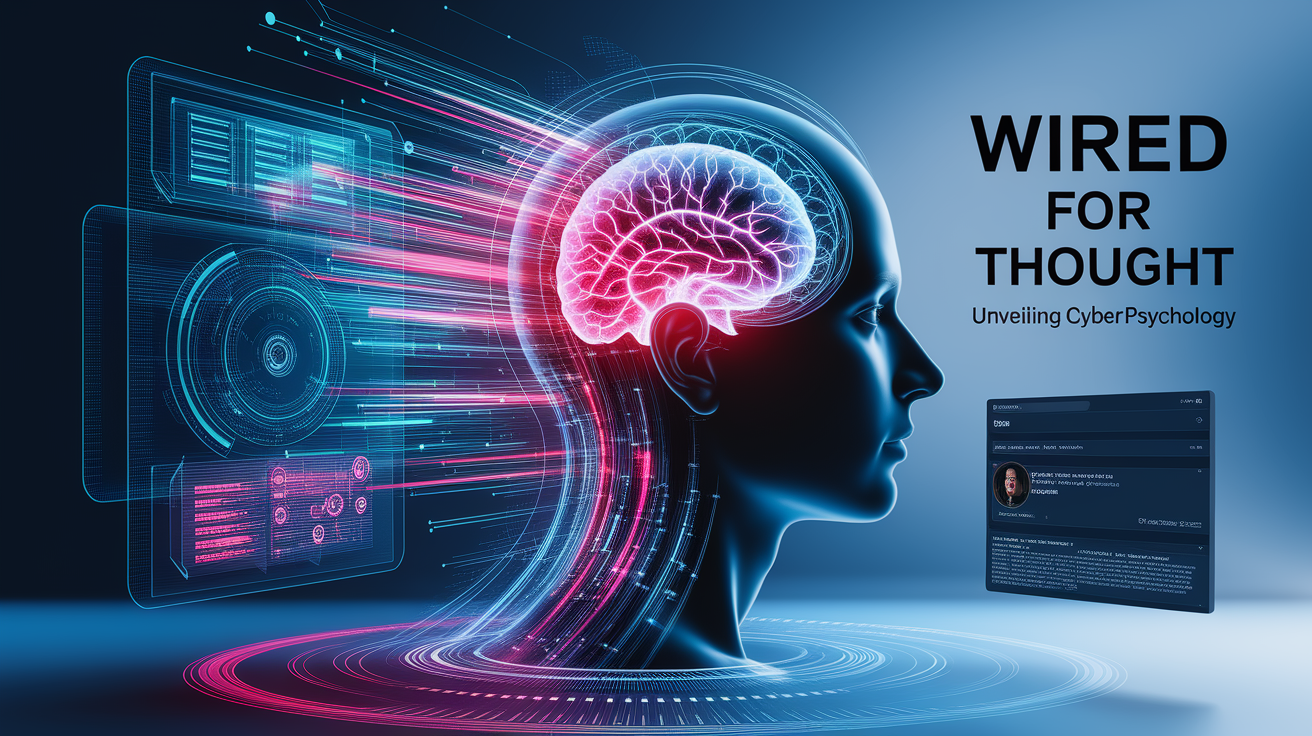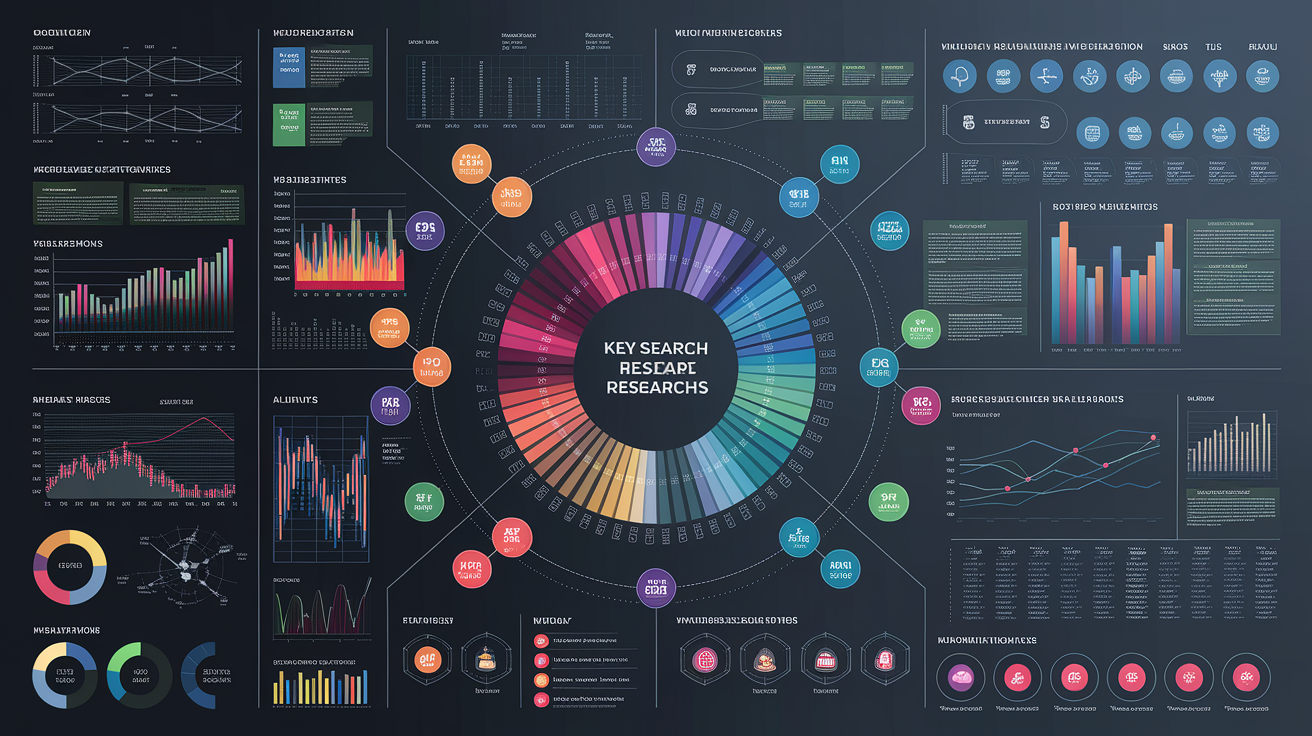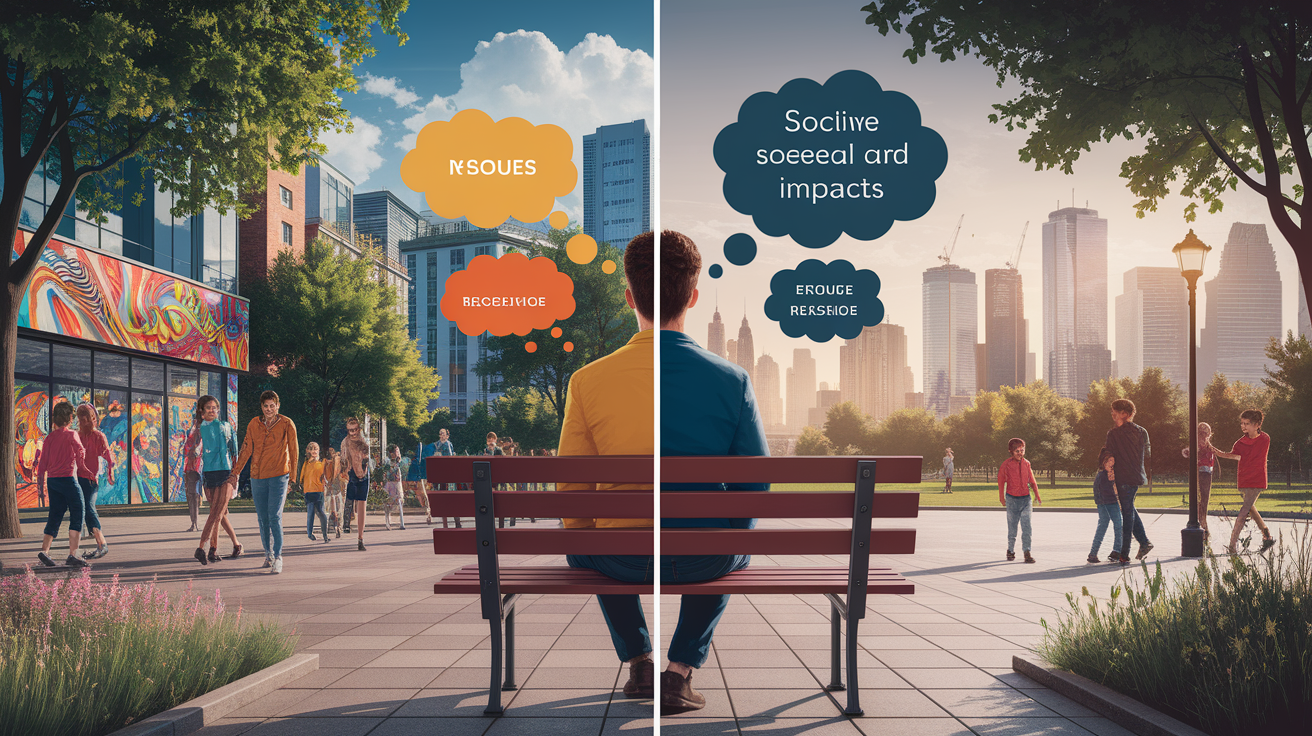Wired for Thought: A Clear Guide to Cyberpsychology
Wired for Thought – Unveiling Cyberpsychology
In an age where our lives are increasingly intertwined with screens, streams, and software, a new scientific frontier has emerged to make sense of it all: cyberpsychology. From the way we form relationships in online communities to the cognitive load of constant notifications, technology is profoundly reshaping the human experience. This guide will explore the fascinating world of cyberpsychology, shedding light on how our digital habits are, in turn, shaping our minds—and what we can do to navigate this new reality.
Foundations and Scope of Cyberpsychology
At its core, cyberpsychology is the study of the human mind and behavior in the context of human-technology interaction. It’s a field dedicated to understanding the psychological phenomena that arise from our engagement with digital technology, particularly the Internet. It seeks to answer fundamental questions: How does online anonymity influence human behavior? How do we construct an online identity? What are the psychological drivers behind our social media use?

The field is inherently interdisciplinary, drawing insights from a diverse range of disciplines. This collaborative approach provides a holistic view of our digital lives. Key collaborators include:
- Psychology: Provides the foundational theories of behavior, cognition, and emotion.
- Sociology: Examines how technology influences group dynamics, culture, and online communities.
- Computer Science & Engineering: Lends expertise on the architecture of digital environments, from social media algorithms to the design of virtual reality.
- Neuroscience: Investigates how technology use affects brain structure and function.
- Media Studies: Analyzes how we consume and interpret digital content.
This interdisciplinary collaboration is crucial because technology does not exist in a vacuum. Understanding its impact requires a comprehensive perspective that considers the design of the tech, the mind of the user, and the society in which they both operate.
Key Research Areas
Cyberpsychologists explore a vast and growing landscape of topics. Research in the field examines everything from the nuances of online communication to the complexities of digital mental health. Some of the most significant areas of study are detailed below.
Online Identity and the Virtual Self
The digital world offers a unique stage for identity exploration. We curate profiles, choose avatars, and adopt personas that may or may not reflect our offline selves. Cyberpsychology investigates the process of online identity formation, questioning how the “virtual self” impacts self-esteem, confidence, and social interaction. It explores the freedom and the pressures that come with crafting an identity online, from professional networking on LinkedIn to anonymous expression on forums.
Social Media and Digital Behavior
Social media platforms are massive, real-time psychological experiments. Researchers study the psychological effects of social media use, including its connection to anxiety, depression, and social comparison. They also explore the positive aspects, such as fostering social connections and creating support networks. Understanding the impact of social media on mental processes is crucial, especially when considering how does social media affect adolescent mental health, a prominent concern for parents and educators alike.

Problematic Internet Use and Internet Addiction
While technology offers immense benefits, for some, it can lead to compulsive or problematic behaviors. Cyberpsychology is at the forefront of defining, diagnosing, and treating internet addiction, online gaming disorders, and other forms of excessive technology use. Researchers develop strategies for managing internet addiction in young adults and explore the underlying psychological factors, such as impulsivity or social anxiety, that may contribute to these issues. Effective digital well-being strategies often stem directly from this research.
Online Gaming and Virtual Reality
Immersive digital worlds, whether in online gaming or virtual reality (VR), present unique psychological landscapes. Research in this area explores the impact of virtual environments on social skills development, the psychology of gamification, and how VR can influence psychological well-being. The sustained engagement required by these platforms can have a remarkable effect on the brain’s ability to change and adapt—a concept known as neuroplasticity. Furthermore, understanding emotional psychology is key to analyzing player responses to in-game events and virtual characters.
Cyberbullying and Online Harassment
Anonymity and distance can disinhibit negative behaviors, leading to cyberbullying and online harassment. Cyberpsychology plays a vital role in understanding the motivations of perpetrators, the psychological impact on victims, and developing effective interventions. The role of cyberpsychology in preventing online harassment involves creating safer online spaces through better platform design, education, and support systems.
Societal and Individual Impacts
The rise of digital technology has created profound shifts at both the individual and societal levels. Cyberpsychology helps us understand these changes, highlighting both the opportunities and the challenges.

On an individual level, our cognitive processes are being subtly altered. The constant influx of information can affect our attention spans and memory, while the design of apps and websites can exploit cognitive biases in decision-making to influence our choices. The psychological effects of excessive screen time on children and adults are a major focus, with studies linking it to issues like sleep disruption, eye strain, and technostress. Conversely, technology also offers unprecedented access to information, education, and tools for personal growth.
Societally, technology has transformed how we work, learn, and connect. The formation of global online communities has created new avenues for social support and collective action. However, it also raises significant challenges related to privacy concerns, the spread of misinformation, and the ethical implications of AI. As a field, cyberpsychology is vital for addressing these modern societal issues and promoting a healthier human-technology relationship.
Practical Applications and Future Directions
The insights from cyberpsychology are not just academic; they have powerful real-world applications that are shaping the future of technology and mental health.

- Digital Mental Health and Online Therapy: Cyberpsychology informs the development of mental health apps, online therapy platforms, and digital tools for managing conditions like anxiety and depression. A key area of innovation is virtual reality therapy for mental health conditions such as PTSD and phobias, where controlled, immersive environments provide a safe space for exposure therapy.
- User Experience (UX) and Design: User experience psychology applies principles of cognition and behavior to create technology that is intuitive, effective, and enjoyable. By understanding how users think and feel, designers can build products that reduce frustration and enhance digital well-being.
- Education and Digital Literacy: Research in this field helps educators develop best practices for digital well-being in the workplace and in schools. It provides the foundation for teaching critical digital literacy skills, helping people navigate the online world safely and effectively.
- AI Ethics and Development: As artificial intelligence becomes more integrated into our lives, understanding its psychological impact is paramount. Cyberpsychology contributes to the conversation on AI ethics, advocating for the development of AI systems that are transparent, fair, and beneficial to human well-being.
The future of cyberpsychology will involve deeper exploration into augmented reality, brain-computer interfaces, and the long-term psychological factors shaping health in a digitally saturated world. The key areas of study will continue to evolve alongside technology itself.
Beyond the Screen – Embracing Tomorrow’s Cyberpsychology
Cyberpsychology provides an essential lens through which to view our modern lives. It moves beyond a simple good-or-bad judgment of technology, offering a nuanced understanding of the complex, symbiotic relationship between humans and our digital creations. By studying this interaction, we can better mitigate the risks—like internet addiction and cyberbullying—while harnessing the profound benefits for communication, learning, and mental health.

As we continue to wire our world, it is crucial to remain mindful of how we are also wiring our thoughts. Embracing the insights of cyberpsychology empowers us to design and use technology not just for innovation, but for the betterment of the human mind.







